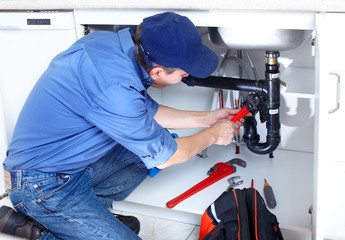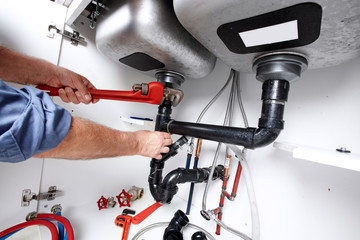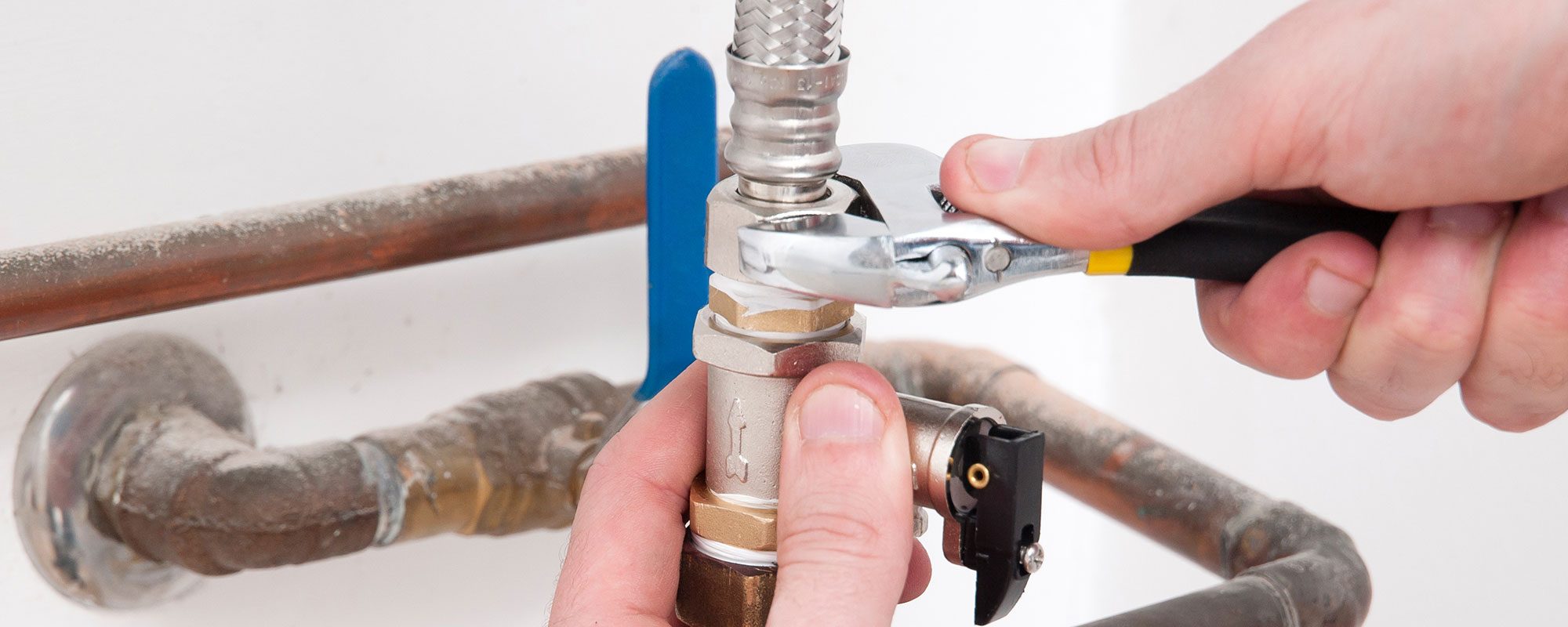Plumbers Sarasota are in demand, have high earning potential and can advance their careers by becoming master plumbers. However, the job is physically demanding and plumbers often spend nights and weekends on-call to respond to emergency calls.

Plumbing systems are vital for providing clean water and waste disposal services in homes and businesses. Plumbers must understand and interpret blueprints, build codes, manage large-scale projects and work within occupied spaces.
There’s no such thing as a recession-proof job, but some jobs are more resilient to economic downturns than others. Generally speaking, jobs that provide essential services are safe from lay-offs during a recession and can also give workers the skills they need for other careers in the future. These jobs include healthcare, law enforcement, utility services and skilled trades like plumbing.
Healthcare careers such as nurses and physician assistants remain largely untouched during recessions because people need medical care. Likewise, utility services like water, sewer services and electricity are a necessity for most households and continue to be needed regardless of the economy. In addition, skilled trades like electricians, HVAC technicians and carpenters remain in demand during a recession as people need help with repairs and upgrades to their homes.
Similarly, movers stay busy during a recession because families and businesses move to new locations even when the economy isn’t great. However, online shopping is quickly becoming more popular than in-person purchases, so it’s important to note that some retail jobs aren’t as safe as they used to be.
Clean Water Source
Providing access to clean water is a basic necessity for human health. In fact, most common illnesses like diarrhea, cholera, and dysentery have been linked to contaminated water. That’s why plumbers are the heroes that keep our water supply safe. They are responsible for delivering clean water to homes and safely disposing of wastewater.
Plumbers inspect the quality of your drinking water through the pipes and fixtures in your home. If they find any issues, they can repair them immediately before it becomes a bigger problem. This ensures that you have a continuous supply of clean, healthy water to drink and use for other purposes.
They also install and maintain filtration systems that help improve the quality of drinking water in your home. These systems remove impurities, such as dirt, sediments, chlorine, and heavy metals, from your water. They can also reduce the risk of diseases caused by bacteria and viruses in the water supply. Some filtration systems even eliminate bad odors and taste in the water.
Water filtration systems can be very expensive. However, they are a great investment for your family’s health. They can save you money in the long run by reducing your energy bill and protecting the environment. In addition, a well-maintained plumbing system can protect your home from damage caused by water leaks.
Another way that plumbers protect our water quality is by installing and maintaining backflow prevention devices. These devices prevent contaminated water from flowing back into the public water supply through pressure changes. Plumbers can also install and maintain septic systems for buildings that are not connected to the municipal sewer system. These systems help to keep waste from contaminating groundwater and reduce the risk of diseases associated with untreated sewage.
Plumbers are also responsible for promoting environmentally friendly plumbing practices. They can suggest water-efficient appliances and fixtures to reduce your household’s water usage, which will help conserve water resources. They can also help you choose eco-friendly plumbing materials that are safer for the environment and your family’s health.
Plumbing is a vital part of a building’s safety and sanitation. It’s essential to have a well-functioning plumbing system, especially in commercial and residential areas. Without proper plumbing, harmful contaminants could enter the water supply and cause illness or death. Plumbers are responsible for keeping our water supply clean and safe by ensuring that the plumbing in our homes and businesses is up to standards.
Job Satisfaction
Plumbers are in demand, and many of them enjoy the satisfaction of completing a task that makes a difference in people’s lives. The work is intellectually stimulating, and it often involves creative problem-solving to overcome unique challenges. Many plumbers even choose to become entrepreneurs, and this gives them the freedom and flexibility they crave in their careers.
Plumber jobs also offer a high level of job security. The need for plumbers will always exist, as new homes and businesses need their services. This means that plumbers are less likely to get laid off during economic downturns, and they can often pick up overtime when needed. This can help them supplement their income and build a financial cushion for the future.
Another reason why many people love being plumbers is that it’s a hands-on career. It’s not for those who like to sit in an office all day, and they need to be physically active and willing to take risks. This is the kind of work that many people are not good at, but it can be very satisfying for those who have the right temperament and skillset.
In addition to working on plumbing, many plumbers will spend a lot of their time in the field interacting with customers. This is great for those who are social people, and it allows them to form relationships that can generate business in the future. Plumbers are also not required to wear a suit and tie, which can be a plus for those who prefer casual attire at work.
Plumbers have the opportunity to make a direct impact on people’s lives by providing access to clean water and proper sanitation systems. They can also contribute to environmental sustainability by installing energy-efficient appliances and water-saving fixtures. As a result, the job satisfaction of plumbers is incredibly high, and it’s often cited as one of the most fulfilling professions.
Those who are interested in becoming plumbers can find a variety of training programs at vocational schools and community colleges. They can also apply for an apprenticeship, which is often much cheaper than attending a four-year college and leads to a well-paying career.
Work Environment
Plumbing is a skilled trade that directly impacts people’s daily lives. It ensures that homes and businesses have a clean water supply and working waste system. It also contributes to environmental sustainability by using low-water plumbing fixtures and appliances. Plumbing is a great career choice for those who want to make a difference in people’s lives. It offers a high salary and job security, as well as a sense of accomplishment.
Plumbing requires a combination of education and hands-on experience to perform effectively. A high school diploma or equivalent is the minimum educational requirement to begin a plumbing career. However, most plumbers complete an apprenticeship program that combines classroom instruction with paid on-the-job training. These programs range from two to five years and cover all aspects of the trade.
While the work is not considered dangerous by most standards, it is important for plumbers to follow strict safety protocols. This includes wearing protective gear when handling dangerous chemicals or navigating tight spaces. It is also important to use proper ventilation when working in these areas, as it will minimize the risk of exposure to harmful fumes and other hazards.
Plumbers often work in a variety of environments, from crawl spaces under houses to perched on the roof of skyscrapers. They must be comfortable in these different surroundings and able to adapt quickly to changing conditions. In addition, they must have the physical strength to handle heavy tools and equipment.
Plumbers should continually seek opportunities to improve their skills and knowledge. This will help them stay competitive in the industry and provide better service to their customers. They should also keep up with the latest advancements in the plumbing field, such as green technology and smart plumbing systems. Continuing education and training will also help them maintain their professional license. In addition, plumbers should offer First Aid and CPR training to their employees, as these are essential skills for any workplace. This will help them respond quickly in an emergency situation and prevent further damage to the property or injuries to their team members.



